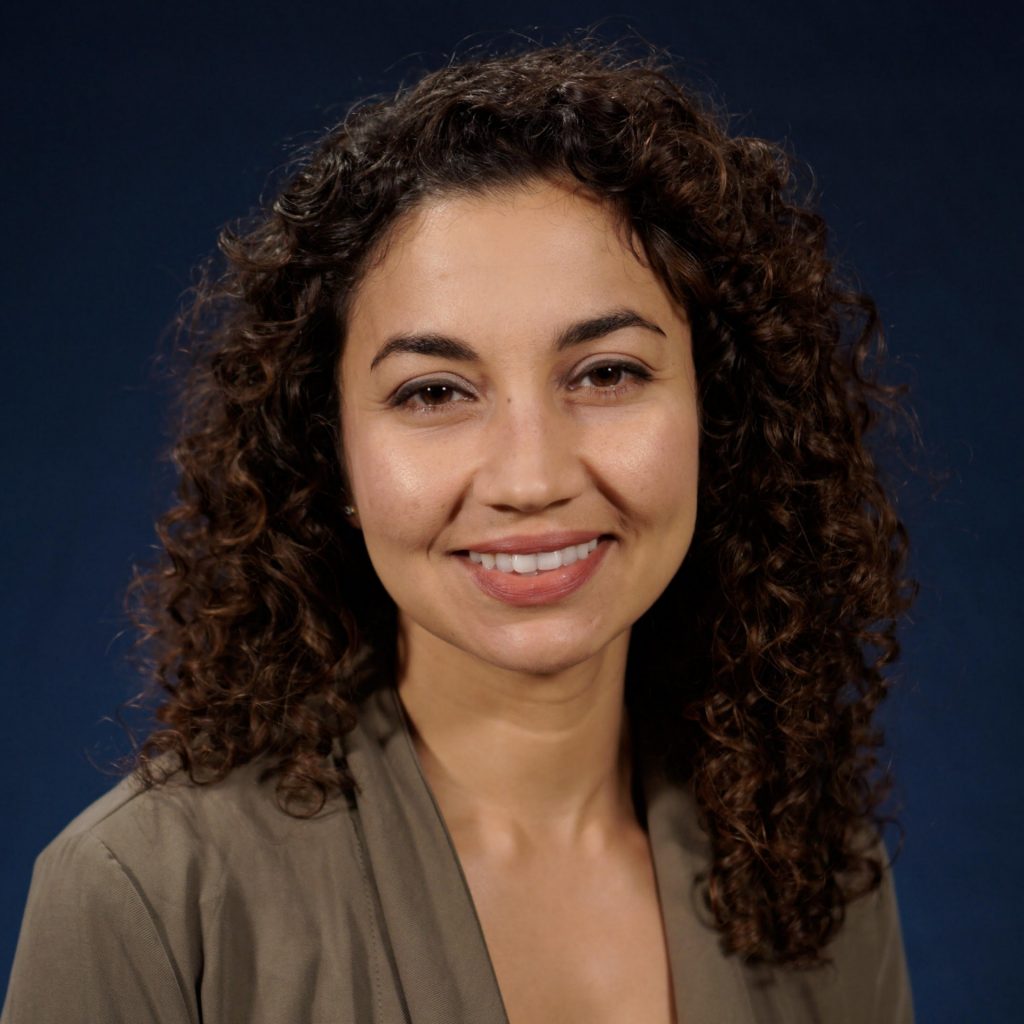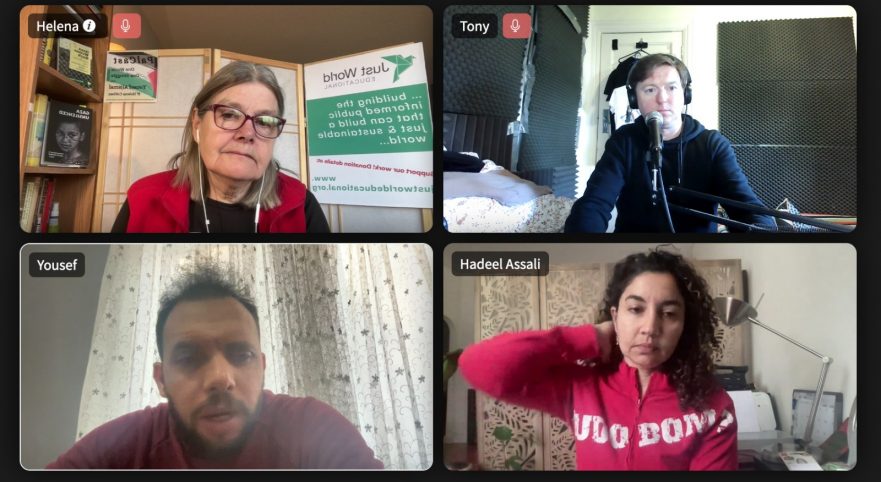Forced depopulation of Gaza has been a longstanding agenda of Israel dating back to 1948. This grim reality was the focal point of the second episode of PalCast Season 2, available on Apple & Spotify, featuring guest Hadeel Assali. Assali, an anthropologist and former engineer, brought a unique perspective to the discussion, delving into the colonial legacies of geology and anti-colonial approaches to understanding the earth in southern Palestine.

With a PhD in Anthropology from Columbia University, Assali’s research sheds light on the development of geology in Britain and its colonial exportation for extraction, mapping, and state-making technologies. She examines how narratives shape space and the authority imbued within them, while advocating for decolonizing the earth sciences.
Prior to her academic pursuits, Assali was trained as a chemical engineer at the University of Illinois and the National University of Singapore. Her extensive experience with a major oil company, particularly in environmental remediation projects, informs her research direction.
During her PalCast discussion with host Dr. Yousef Aljamal and co-hosts Helena Cobban and Tony Groves, Assali discussed Israel’s public and covert plans to displace Palestinians in Gaza. She recounted her family’s personal experience, including her uncle’s involuntary relocation attempt to Latin America in 1969 as part of a larger scheme. Although the plan failed, Assali’s family remains scattered across the globe.
The conversation also touched on recent global developments, including the tragic self-immolation of American air serviceman Aaron Bushnell in front of the Israeli embassy in Washington DC, protesting the Gaza genocide. This act draws parallels to Norman R. Morrison’s self-immolation in 1965 to protest the Vietnam War, highlighting the deep anguish and desperation felt by individuals witnessing acts of injustice.
Yousef, Helena, and Tony contributed to the discussion, offering insights into these poignant events and their implications for Palestine and the world at large. As the episode unfolds, it becomes clear that the struggle for justice in Gaza is deeply intertwined with broader global movements against oppression and colonialism.
Through platforms like PalCast, voices like Assali’s amplify critical perspectives, shedding light on the urgent need for solidarity and action to address the ongoing plight of Palestinians. As listeners, we are challenged to confront uncomfortable truths and mobilize for meaningful change in the face of injustice.

